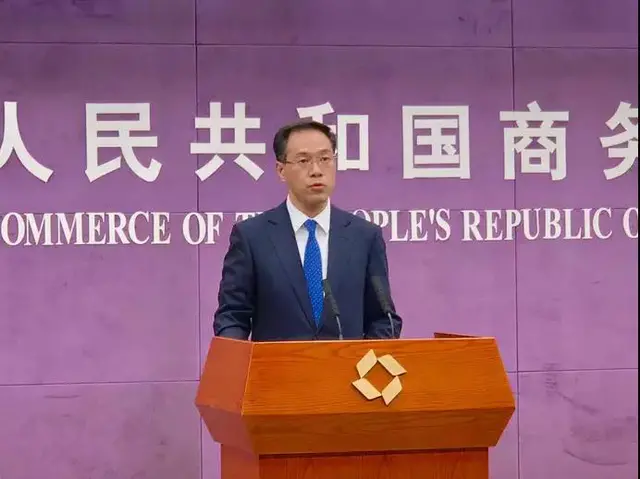Botswana people will go to the polls on Oct. 24 in the country's 11th general elections, during which they will vote for 57 members of National Assembly (parliament) and 490 council members for local government.
The presidential candidate from the party that wins 29 seats or more of the parliament will be elected as the new president.
In the country's history, the ruling party Botswana Democratic Party (BDP) won all elections since independence in 1966. In the last elections in 2009, BDP enjoyed a landslide victory by winning 45 of all 57 parliamentary seats.
However, local analysts believed there will be fierce competition among three major parties, BDP, Umbrella for Democratic Change (UDC) and Botswana Congress Party (BCP) in this year's elections, which are dubbed as "the most competitive in the history" by local media.
Zibani Maundeni, professor in political science in University of Botswana, told Xinhua all three parties are taking these elections very serious, "they are not aiming for the second position, but aiming to become the winners. That makes the competitions very tight."
"We may see winners with small margins, some constituencies may be won by one or two votes," he said.
He said BDP has advantages in rural areas, which may bring it to win. The current president Seretse Khama Ian Khama, who is also the BDP's presidential candidate "connects well with rural population, most of poor people are funded in these areas. He also designed welfare policies for the rural population including his country tours, sit around the fire with old men and women, they see him as one of their own by those kind of actions."
According to the professor, the rural population is a large component in Botswana's population, BDP may win under their supports.
While he said it is still hard to predict which party will win. The BDP has wakened by a major split in 2010.
In 2010, Some parliament members and other politicians from BDP split and formed a new party the Botswana Movement for Democracy (BMD), which later merged with the Botswana National Front (BNF) and the Botswana Peoples Party (BPP) as UDC.
UDC gained a lot of support particularly from educated university students, he said.
Meanwhile he said BCP is growing and has been proved as a stable party. Botswana people like stability and a party promising stable government. If BCP wins, there is a guarantee that Botswana will have a stable government.
"BCP is also not a very radical party. It calls for state intervention and diversification of economy and bringing the job for Botswana. It may also work in their favor."
Political analyst Lawrence Ookeditse said BDP is going to win the elections, but it might not have a big margin as it usually do. He pointed out BDP will be credited by having built a successful country with stable economy and social order as Botswana is a country came from nothing.
He also agreed supports from rural areas is BDP's advantage. "Although urban areas may have different stories, BDP has advantages as it remains strong in rural areas which have large voting population."
In addition, he said, BDP remains significant advantages with fund raising and vehicles.
According to the analyst, in BDP's last term, the government rolled out extensive program on poverty eradication.
A lot of poor people especially rural people are benefited, he said, adding that in terms of poverty reduction, through agriculture and food production, the government has remarkable success.
According to the analyst, advantages of BCP and UDC including being able to understand the most important issues to the voters. "For voters, studies have shown that most important issues are unemployment, poverty eradication. They have messages on these issues," he said.
Ookeditse said BCP doesn't have a lot of resistance towards new ideas, they would be more easily to operate, adding that BCP is also very stable without split in the past five years.
BDP is clear under intense pressure for the first time, but the ruling party will retain power, professor David Sebudubudu of the University of Botswana told local media Botswana Guardian
"The ruling party has got a good track record especially in areas such as education, telecommunications, infrastructural development, among other things."
 简体中文
简体中文










